Unlock Your Green Thumb with Gardening 10: Learn & Grow is a topic that focuses on teaching people how to start their own organic gardens. Whether you are a seasoned gardener or a complete beginner, the book offers a guide to getting started on your own organic garden in just 21 days. The book emphasizes that gardening can be simple and accessible, even for those with limited space.
The benefits of growing your own fruits and vegetables are numerous, including the cost savings and health advantages of organic produce. In addition to covering topics such as choosing the right tools and setting a solid garden foundation, the book also has tips on avoiding chemical pesticides and making weeding easier. The author, Justin, is a passionate cook and caterer who aims to inspire families to cook with fresh ingredients and move away from processed foods.
Key Takeaways
- Gardening 10 teaches organic gardening techniques in a simple and accessible way.
- The book emphasizes the benefits of growing your own fruits and vegetables, including the cost savings and health advantages of organic produce.
- Author Justin is a passionate cook and caterer who inspires families to cook with fresh ingredients and move away from processed foods.
- In addition to the book, there are also resources available such as the mobile game Green Thumb and a gardening community on Discord.
The Comprehensive Guide to Starting Your Organic Garden
Starting your own organic garden can be a rewarding experience, even for beginners. The Comprehensive Guide to Starting Your Organic Garden is a book that aims to help readers get started on their organic gardening journey. The book emphasizes the benefits of growing your own organic produce, including higher levels of antioxidants and lower levels of heavy metals. It also provides a 21-day plan to help readers set up their gardens.
The guide starts by discussing the importance of choosing the right location for your garden. It provides tips on selecting a spot with adequate sunlight, drainage, and access to water. The book also emphasizes the importance of preparing the soil properly through techniques such as composting and soil testing.
| Gardening Ideas | Organic Gardening | Beginner Gardening |
|---|---|---|
| Choose the right location for your garden | Emphasize the benefits of growing organic produce | Provide tips for beginners to get started |
| Prepare the soil properly | Avoid chemical pesticides and herbicides | Emphasize the simplicity of gardening even with limited space |
| Choose the right plants for your garden | Teach readers everything they need to know about organic fruit and vegetable production | Provide a 21-day plan to help set up gardens |
The book provides advice on choosing the right plants for your garden, including tips on selecting plants that thrive in your climate and choosing plants that complement each other. It also offers strategies for making weeding easier, such as using mulch and companion planting. Additionally, the guide provides advice on avoiding chemical pesticides and herbicides.
The Comprehensive Guide to Starting Your Organic Garden is written by Justin, an expert in the food industry who is passionate about promoting wholesome meals and moving away from processed ingredients. The book is available for purchase on Amazon and has received positive reviews. Overall, the book aims to empower readers to take control of their food choices by growing their own organic produce.
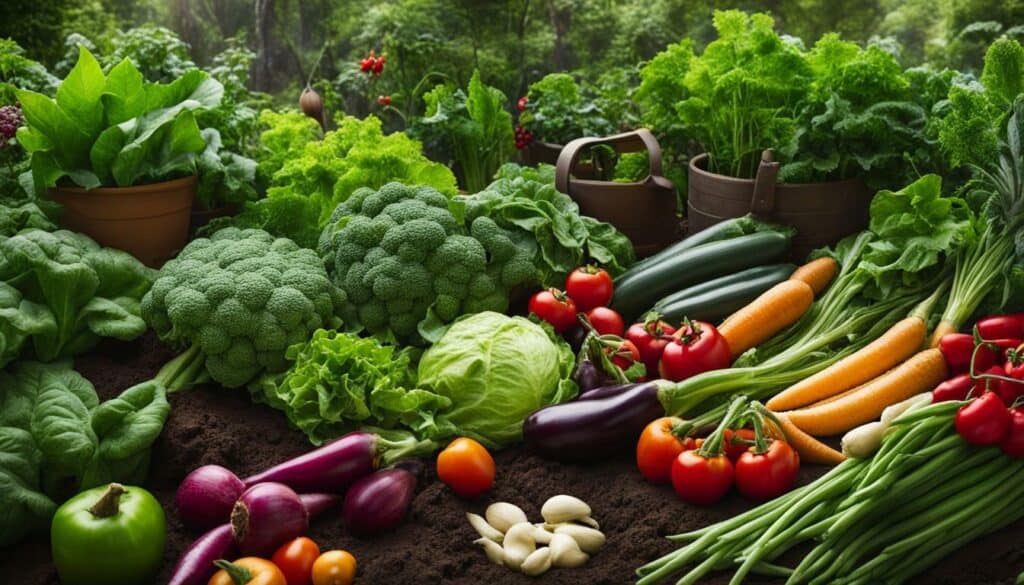
If you’re a beginner looking to start your own organic garden, The Comprehensive Guide to Starting Your Organic Garden is a great resource. It provides a comprehensive plan for setting up your garden, including tips on choosing the right tools and creating a solid garden foundation. The guide emphasizes that anyone can start a garden, regardless of the size of their space, and promises to teach readers everything they need to know about organic fruit and vegetable production.
Maximizing Limited Space: Gardening in Small Areas
Don’t let limited space hold you back from gardening – there are plenty of options available for small-scale gardening. Organic gardening is possible even if you have just a tiny space. This type of gardening can offer numerous benefits, including higher levels of antioxidants, lower levels of heavy metals, and better-tasting produce.
If you’re new to gardening, you can follow a 21-day plan outlined in the book “Organic Gardening for Beginners: The Keys to Unlock Your Green Thumb.” This guide provides practical tips on how to set a solid garden foundation, avoid chemical pesticides and herbicides, and simplify the gardening process. It also offers advice on tools and techniques to make weeding easier.
Indeed, there are resources available to help you along the way. Green Thumb Discord server is an online community that provides a platform for gardeners to connect, share experiences, and learn from one another. Additionally, there are mobile games, such as Green Thumb, that allow you to create and personalize your virtual garden, providing a stress-free gardening experience.
Jeremy Starke, a vegetable gardening enthusiast, also offers helpful tips and techniques on his website, Green Thumb Gardener. With over 35 years of experience, Jeremy focuses on providing guidance for all vegetable gardeners, especially beginners and those with small spaces. His goal is to teach, inspire, and reach over 10 million gardeners worldwide.
In conclusion, even with limited space, it is possible to maximize your gardening potential. By following practical tips, utilizing available resources, and seeking guidance from experienced gardeners, you can create a thriving garden in small areas and enjoy the benefits of growing your own organic produce.
The Benefits of Organic Produce: Taste and Nutrition
Growing your own organic produce not only benefits the environment but also enhances the taste and nutritional value of your food. Organic gardening involves using natural methods to grow fruits and vegetables without the use of harmful chemicals and pesticides. Research has shown that organic produce contains higher levels of antioxidants and lower levels of heavy metals compared to conventionally produced food. Consuming organic food can help reduce the risk of health issues caused by toxins found in conventional food.
In addition to being healthier, organic produce also tastes better. The natural flavors of fruits and vegetables are enhanced when they are grown without the use of harmful chemicals and pesticides. When you grow your own produce, you can ensure that it is fresh and has not been sitting in a warehouse or truck for days. You can also choose varieties of fruits and vegetables that may not be available at your local grocery store.
However, the higher cost of organic food can often deter people from consuming it regularly. One way to overcome this challenge is to grow your own organic fruits and vegetables. Gardening can be done even with limited space, and there are resources available to guide beginners. By growing your own produce, you can ensure that your family consumes organic food without worrying about the cost.
Meet Justin: The Passionate Gardening Guide
Let me introduce myself – I’m Justin, your passionate gardening guide and the author of “Organic Gardening for Beginners: The Keys to Unlock Your Green Thumb in 21 Days”. Coming from a family with a background in the food industry, I’m passionate about educating and inspiring families to cook with fresh, wholesome ingredients, free from harmful chemicals and pesticides. In my book, I offer a no-nonsense guide to getting started on your organic home-grown garden in just 21 days. My aim is to connect with and inspire over 10 million gardeners worldwide, regardless of the size of your yard or balcony.
As a passionate gardener myself, I believe that anyone can experience the joy of “farm-to-table” produce, even with limited space. Whether you’re a beginner or an experienced gardener looking to expand your knowledge, my book has something for everyone. I cover topics such as building a solid garden foundation, avoiding chemical pesticides and herbicides, and making weeding easier.
Gardening is not just about growing plants – it’s about connecting with nature, improving your well-being, and embracing a healthier lifestyle. In Gardening 10, I provide insights and tips that will help you unlock your green thumb and experience the joy of harvesting your own organic produce.
Throughout my book, I share my knowledge and expertise with readers, guiding you through the process of building and maintaining your own organic garden. Whether you have a spacious backyard or a small balcony, you can start your own garden and enjoy the benefits of fresh, flavorful produce.
If you’re looking for essential tips and advice for beginners starting their gardening journey or simply seeking to expand your knowledge, I’m here to provide valuable insights on gardening in a simple and accessible way.
Growing Your Own Food: The Joy of Harvesting
There’s nothing quite like the joy of harvesting your own vegetables and enjoying the fruits of your labor. Vegetable gardening can be a relaxing and rewarding activity, providing a sense of accomplishment and satisfaction. Not only does it allow you to have control over what you eat, but it also encourages a healthier lifestyle.
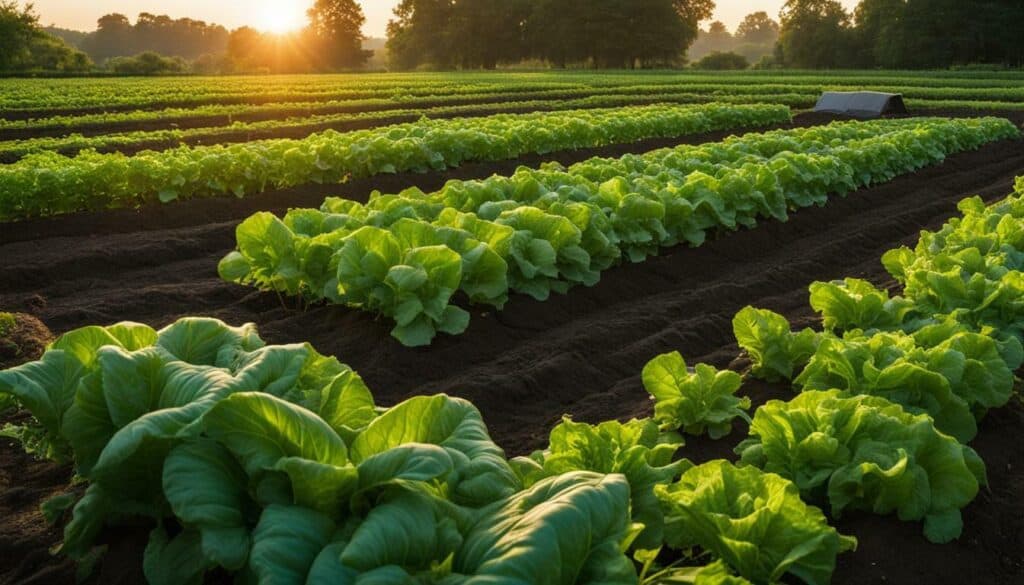
When it comes to vegetable gardening, the possibilities are endless. Whether you have a small balcony, a backyard, or an indoor space, you can create a thriving garden that produces fresh and delicious produce. Some popular vegetable options for beginners include tomatoes, cucumbers, onions, and peppers.
One of the most satisfying aspects of vegetable gardening is being able to harvest your own produce. You’ll have access to fresh vegetables that you can incorporate into your meals, making cooking more exciting and enjoyable. Plus, you’ll have the satisfaction of knowing exactly where your food came from and that it was grown without harmful chemicals.
When it comes to vegetable gardening, it’s important to understand the needs of each plant. Some vegetables may require more sunlight or water than others, while some may need specific soil conditions to thrive. By doing your research and experimenting, you can determine which vegetables work best for your space and your needs.
Overall, vegetable gardening is a great way to connect with nature and reap the benefits of growing your own food. Whether you have a green thumb or not, it’s never too late to start your own garden and experience the joy of harvesting fresh produce.
Essential Tools for Successful Gardening
Investing in the right gardening tools can make all the difference in your gardening journey. With the right tools, you can ensure a successful harvest and enjoy the benefits of growing your own organic produce. Here are some essential gardening tools to help you get started:
| Tool | Use |
|---|---|
| Garden hoe | A versatile tool that can be used for cultivating soil, removing weeds, and creating furrows for planting. |
| Hand trowel | A must-have tool for digging small holes, transplanting seedlings, and loosening soil in tight spaces. |
| Pruning shears | Essential for maintaining the health and shape of your plants. They can be used to trim branches, remove dead foliage, and shape shrubs. |
| Garden rake | Used to level the soil, remove debris, and prepare the ground for planting. It is also useful for spreading mulch and leveling gravel pathways. |
| Watering can or hose | Proper watering is crucial for the success of your garden. A watering can or hose helps you provide the right amount of water to your plants, ensuring they stay healthy and hydrated. |
| Garden gloves | Protecting your hands while gardening is important. Garden gloves provide a barrier between your skin and potentially harmful substances, such as thorns, pesticides, and soil-borne pathogens. |
| Garden fork | A sturdy tool that can be used for loosening soil, digging up root crops, and turning compost. It is especially helpful for breaking up compacted soil. |
| Garden pruners | Used for cutting and trimming small branches and stems. They come in different sizes and designs to accommodate various pruning needs. |
| Wheelbarrow or garden cart | Moving heavy loads of soil, mulch, or plants can be made easier with a wheelbarrow or garden cart. It helps you transport materials across your garden without straining your back. |
Having these essential gardening tools on hand can make your gardening experience more enjoyable and productive. Invest in good quality tools that are durable and comfortable to use. With the right tools, you can create a thriving garden and enjoy the benefits of growing your own fresh produce. Happy gardening!
Exploring the Art of Indoor Gardening
Bring the beauty of nature indoors with the art of indoor gardening. Whether you live in a small apartment or simply want to add some greenery to your home, indoor gardening is a great way to brighten up your living space. Not only does it add aesthetic value, indoor gardening also has numerous health benefits, including purifying the air and reducing stress.
One of the best things about indoor gardening is its versatility. With the right techniques, you can grow a variety of plants indoors, ranging from herbs and vegetables to flowers and succulents. To get started with indoor gardening, you’ll need to choose the right plants and provide them with the proper care and environment.
Choosing the Right Plants
When selecting plants for indoor gardening, it’s important to consider the lighting and temperature conditions of your home. Some plants require more sunlight and warmth than others, so be sure to choose plants that are suited for your indoor environment.
Some great options for indoor gardening include herbs like basil, thyme, and cilantro, which can be grown in small pots on a windowsill. Succulents and cacti are also a popular choice for indoor gardening, as they require minimal care and can add a unique touch to your home decor.
Cultivating Indoor Plants
Once you’ve chosen your plants, it’s important to provide them with the proper care. Indoor plants require regular watering, but be careful not to overwater them as this can lead to root rot. It’s also important to provide them with adequate lighting, whether it be natural sunlight or artificial grow lights.
Consider using a high-quality potting mix and fertilizer to ensure your plants receive the nutrients they need to thrive. Additionally, be sure to monitor your plants for any signs of pests or disease, and address any issues promptly to prevent them from spreading.
With the right tools and techniques, indoor gardening can be a rewarding and fulfilling hobby. Whether you’re a seasoned gardener or just starting out, there’s no better time to bring the beauty of nature indoors.
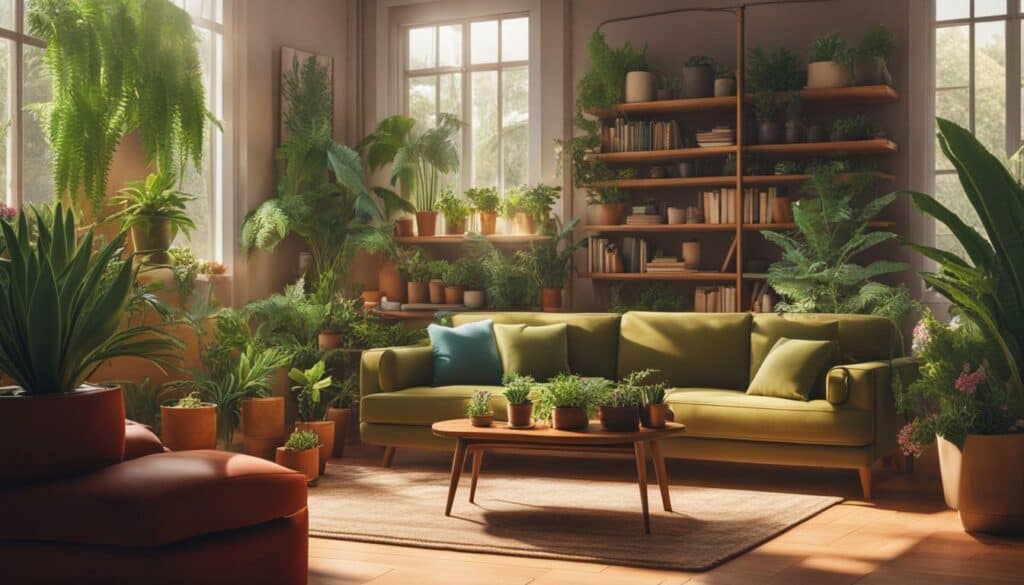
Container Gardening: The Perfect Solution for Limited Space
Container gardening offers a fantastic solution for individuals with limited outdoor space. It is the perfect way to grow your own fruits, vegetables, and herbs using just a few pots and containers. One of the biggest advantages of container gardening is its flexibility, allowing you to move the pots around as needed for the right amount of sunlight and moisture.
When planning your container garden, you have a variety of options to consider. You can choose traditional pots, hanging baskets, or even repurpose household items such as buckets and old pallets. When selecting containers, make sure they have adequate drainage to prevent water buildup and root rot.
| Tip: | Add a layer of gravel or sand to the bottom of the container to improve drainage. |
|---|
As with any type of gardening, selecting the right plants is crucial for success. When choosing plants for container gardening, consider their growth habits and space requirements. For example, smaller plants like herbs and lettuce are perfect for compact containers such as window boxes. Larger plants such as tomatoes and peppers require more root space and should be planted in larger pots.
Another advantage of container gardening is the ability to control the soil quality. Using organic soil and compost will ensure that your plants receive the necessary nutrients without the use of harmful chemicals. This is especially important for those looking to grow organic produce.
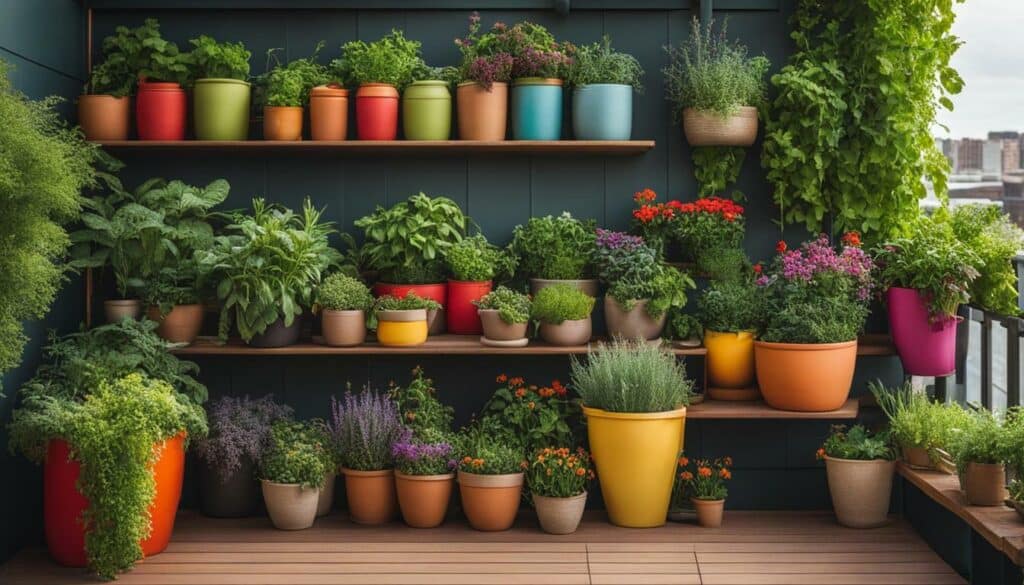
Container gardening is perfect for beginners and experienced gardeners alike. With the right tools and knowledge, you can start your own organic garden and enjoy fresh produce right from your own balcony or patio. It’s a simple and fulfilling way to unlock your green thumb and grow your own food.
In conclusion, container gardening is the perfect solution for those with limited outdoor space. It offers the flexibility to grow a variety of plants, along with the ability to control the soil quality. With a little planning and preparation, anyone can create their own container garden and enjoy the satisfaction of growing their own food.
Gardening 101: Tips for Beginners
If you’re new to gardening, these essential tips will help you get started on the right foot. Gardening is not just for experienced gardeners – anyone can try their hand at growing fresh produce in their backyard. Here are some tips to get you started:
Set up a Solid Foundation
Before planting, it’s important to prepare your garden bed. Choose a location with at least 6 hours of sunlight per day and good drainage. Clear the area of weeds and debris, and loosen the soil with a garden fork or tiller. Add compost or other organic matter to improve soil structure and fertility. A solid foundation will help your plants grow strong and healthy.
Choose the Right Tools
Having the right tools can make gardening much easier. Essential tools for beginners include a hand trowel, pruners, a watering can or hose, and a rake. These can be purchased at any gardening supply store or online. Invest in high-quality tools that will last for years and make your experience more enjoyable.
Avoid Chemical Pesticides
Organic gardening is all about using natural methods to control pests and diseases. Avoid using chemical pesticides, which can harm beneficial insects and contaminate your food. Instead, try companion planting, using insect-resistant varieties, and handpicking pests. It may take a bit more effort, but it’s worth it for the health of your garden and the environment.
Weed Regularly
Weeds can compete with your plants for water and nutrients, so it’s important to weed regularly. Use a hoe or hand weeder to remove weeds before they get too big and take over your garden. Weeding can be therapeutic and help you stay connected to your garden.
Start Small
Starting a garden can be overwhelming, so it’s best to start small. Choose a few easy-to-grow plants and focus on getting them established. As you gain experience, you can expand your garden and try new things. Remember, gardening is a journey, not a destination.
Enjoy the Process
Gardening is a rewarding experience that can bring joy and satisfaction to your life. Take time to appreciate the beauty of your plants, and enjoy the process of growing your own food. Get your family involved and make it a group activity. Remember, the journey is just as important as the destination.
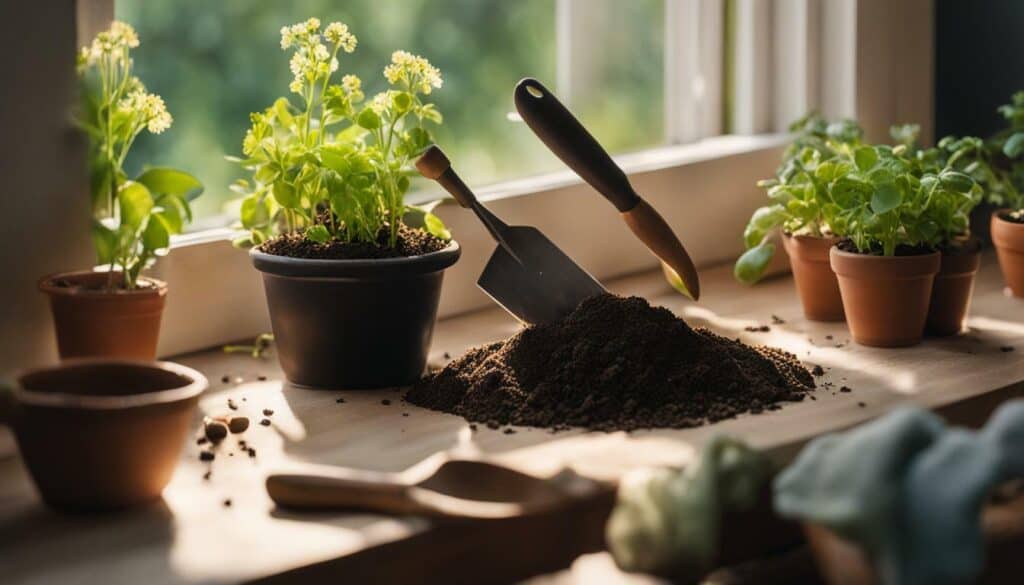
With these tips in mind, you’re ready to start your own organic garden. Follow these steps and you’ll be harvesting your own fresh produce in no time. Happy gardening!
Conclusion
Start your own backyard garden today and unlock the endless possibilities of gardening. As discussed in this guide, gardening offers numerous benefits, including access to fresh and organic produce, improved taste and nutrition, and the satisfaction of growing your own food.
While conducting research on gardening, it’s important to carefully evaluate and select relevant sources to ensure you are getting accurate and helpful information. This guide has covered a range of topics, from organic gardening to indoor gardening and container gardening, to help you get started on your own gardening journey.
Remember, gardening is a learning process, and it’s okay to make mistakes and learn from them. With the right tools, knowledge, and a bit of patience, you can enjoy the many rewards of gardening. Thank you for reading, and happy gardening!
FAQ
Q: Can I start an organic garden even if I have limited space?
A: Absolutely! Gardening can be done even with little space. You can try techniques like indoor gardening or container gardening to make the most of your limited area.
Q: What are the benefits of growing organic produce?
A: Organic produce offers a better taste and higher levels of antioxidants compared to conventionally grown produce. By choosing organic gardening, you’re making a healthier choice for yourself and the environment.
Q: Who is the author of the gardening guide?
A: The gardening guide, “Unlock Your Green Thumb with Gardening 10: Learn & Grow,” is written by Justin, a passionate gardener who aims to educate and inspire families to cook with fresh ingredients.
Q: Why should I start my own backyard garden?
A: Starting your own backyard garden allows you to experience the joy of growing your own food and cooking with fresh ingredients. It’s a rewarding and fulfilling activity that brings a sense of pride and connection to nature.
Q: What are some essential tools for successful gardening?
A: Some essential tools for successful gardening include basic hand tools like a trowel and pruners, watering equipment such as a watering can or hose, and protective gear like gardening gloves and a hat.
Q: What is indoor gardening?
A: Indoor gardening refers to growing plants indoors, typically in pots or containers. It allows you to bring greenery and nature into your home, even if you don’t have access to an outdoor garden.
Q: How can I start an organic garden as a beginner?
A: As a beginner, it’s important to understand the needs of your plants, practice proper watering techniques, and implement effective pest control methods. Start small and gradually expand your garden as you gain more experience.
Q: Can I grow a garden without using pesticides?
A: Yes, you can adopt organic pest control methods such as companion planting, attracting beneficial insects, and using organic fertilizers to promote healthy plant growth and deter pests.
Q: What are some gardening tips for those with limited space?
A: If you have limited space, consider techniques like indoor gardening and container gardening. Choose plants that are suitable for these environments and make the most of vertical space with trellises and hanging planters.
Q: How long does it take to start an organic garden?
A: Starting an organic garden can take as little as 21 days with the guidance provided in the Gardening 10: Learn & Grow guide. However, the journey of gardening is ongoing, and you will continue to learn and grow as a gardener.
Source Links
- https://www.amazon.com/Organic-Gardening-unlock-green-thumb/dp/B08CP93DCZ
- https://play.google.com/store/apps/details?id=games.mousetrap.greenthumb&hl=en_ZA&gl=US
- https://gardenerthumb.com/
- https://evashockey.com/gardeninghacksgreenthumb/
- https://www.gardendesign.com/how-to/organic-gardening.html
- https://www.collegenp.com/article/starting-your-organic-garden/
- https://www.amazon.com/Gardening-Beginners-Starting-Organic-Garden/dp/1530820324
- https://www.epicgardening.com/gardening-small-spaces/
- https://miniurbanfarm.com/how-to-max-out-a-small-garden/
- https://www.thespruce.com/vegetable-gardening-in-small-spaces-1403451
- https://growagoodlife.com/grow-your-own-organic-food/
- https://www.helpguide.org/articles/healthy-eating/organic-foods.htm
- https://www.unsustainablemagazine.com/top-10-reasons-to-grow-your-own-organic-food/
- https://www.thebendmag.com/an-all-inclusive-guide-to-gardening-in-the-coastal-bend/
- https://njclimateresourcecenter.rutgers.edu/climate_change_101/climate-smart-gardening/
- https://www.amazon.com/Passionate-Gardening-Advice-Challenging-Climates/dp/1555913482
- https://www.provenwinners.com/learn/top-ten-lists/10-reasons-grow-your-own-food
- https://www.attainable-sustainable.net/grow-your-own-food/
- https://www.amazon.com/Grow-Your-Own-Food-Handbook/dp/1628738030
- https://www.bestpickreports.com/blog/post/10-must-have-tools-for-home-gardening/
- https://www.marthastewart.com/8302168/best-basic-gardening-tools
- https://www.nbcnews.com/select/shopping/best-gardening-tools-ncna1266504
- https://www.linkedin.com/pulse/indoor-plants-baskets-adding-natural-charm-your-interior-khatun?trk=pulse-article_more-articles_related-content-card
- https://www.healthline.com/health/healthful-benefits-of-gardening
- https://www.amazon.com/Mastering-Art-Flower-Gardening-Gardeners/dp/0760366276
- https://sproutedgarden.com/vegetable-container-gardening/
- https://ecogardener.com/blogs/news/container-gardening-for-small-spaces
- https://swanhose.com/blogs/general-gardening/container-gardening-made-easy-a-beginner-s-guide-to-growing-plants-in-small-spaces
- https://miraclegro.com/en-us/gardening-101/10-top-gardening-tips-for-beginners.html
- https://www.gardenersworld.com/how-to/grow-plants/gardening-for-beginners-10-tips/
- https://www.goodhousekeeping.com/home/gardening/a32675326/gardening-101/
- https://healthiersteps.com/10-benefits-of-gardening/
- https://www.ncbi.nlm.nih.gov/pmc/articles/PMC5153451/
- https://www.ncbi.nlm.nih.gov/pmc/articles/PMC6334070/
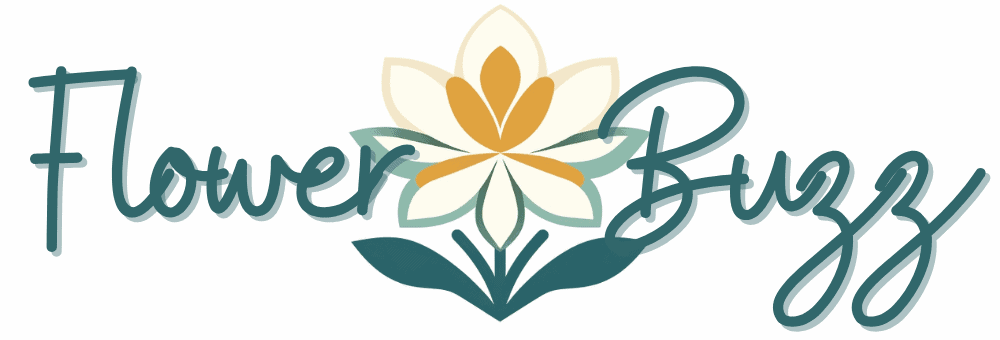
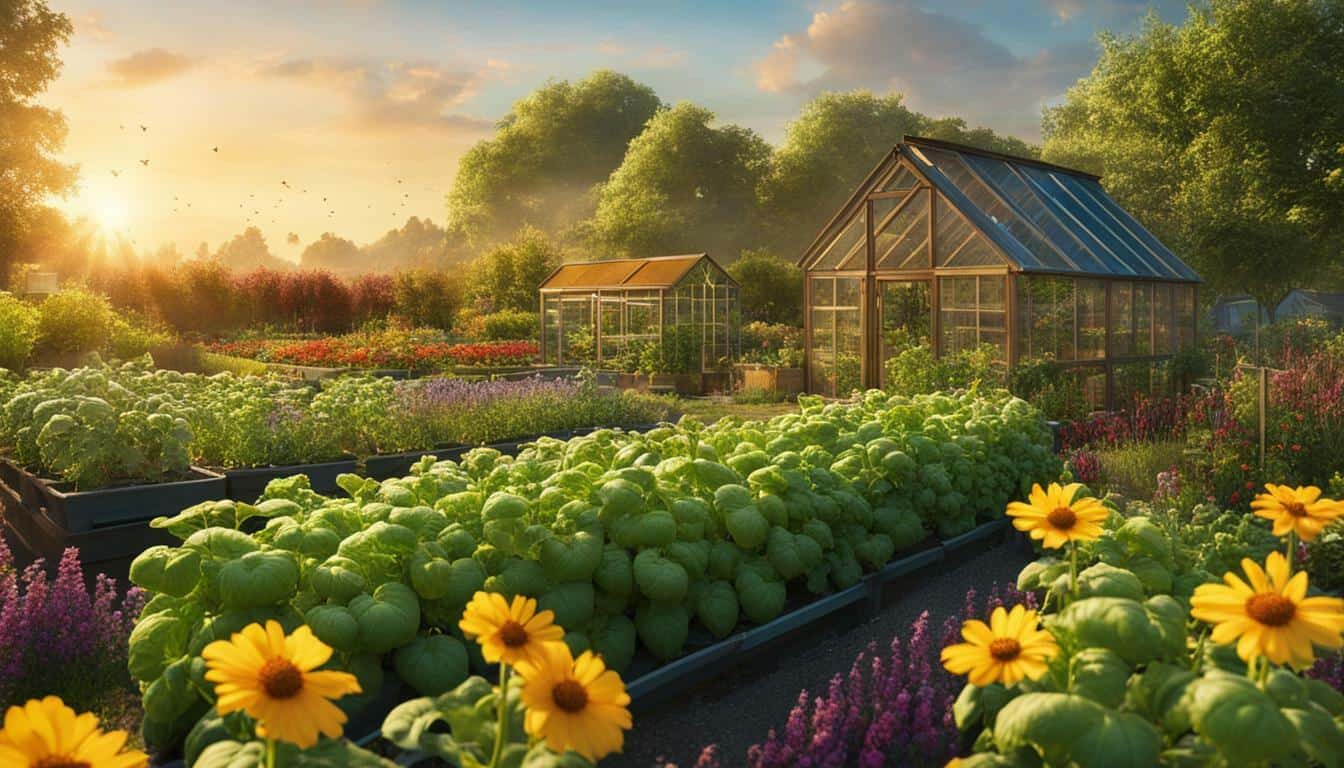
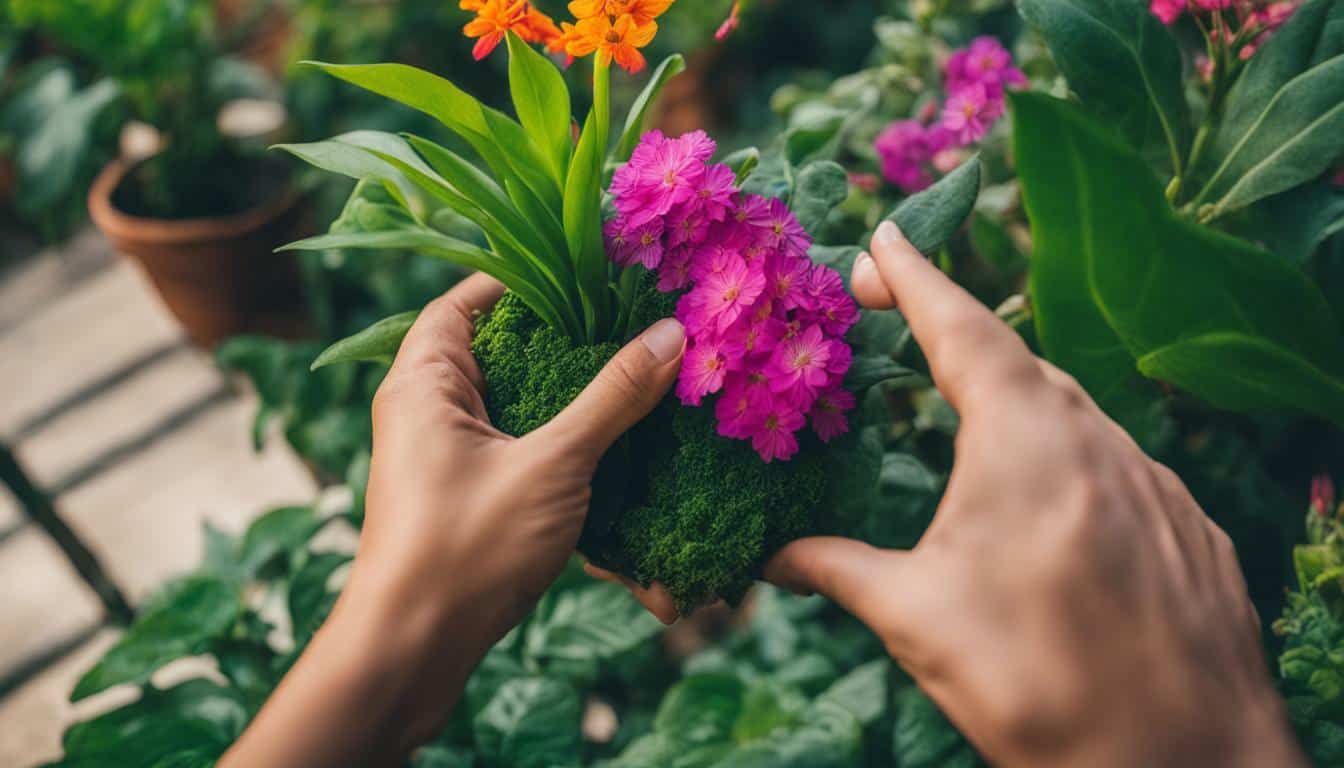
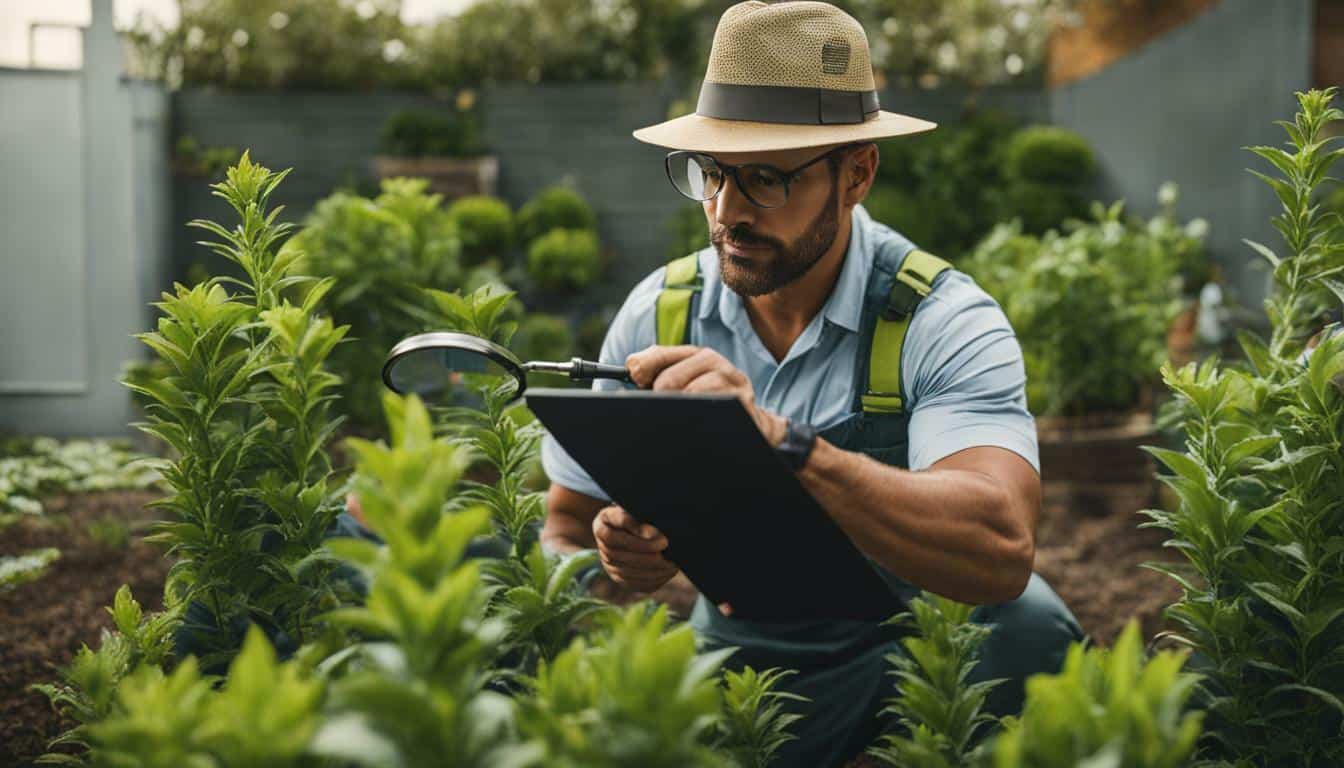

Leave a Reply